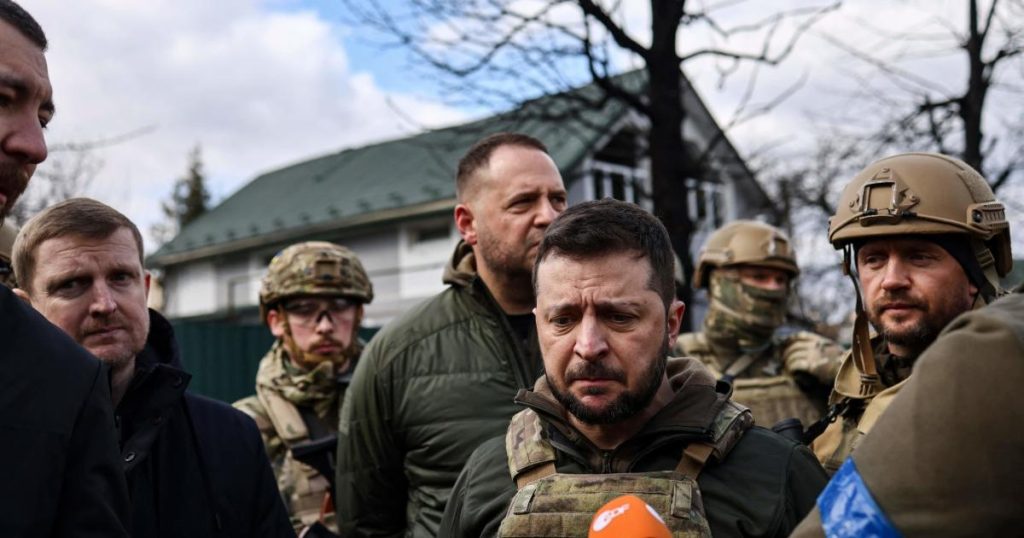Ukraine’s War

by Ralph Berry
Ukraine appears to have solved the secret of perpetual war. On the one hand there is an obdurate refusal to consider peace terms other than total victory, like the allies in 1945. But unconditional surrender will not work with Russia. On the other hand, the financial costs of war are largely borne by other countries, who would like Ukraine to prevail provided there is no danger to themselves. This prudent stance is increasingly irksome to those who have to fund a never-ending demand for more money, more and even more high-grade weaponry when their own arsenals are depleted, and for diplomatic support for a single leader. Zelensky is still allowed to be the sole voice of his emaciated country. His calls to join NATO can safely be ignored since there is not the remotest chance of that peace-loving institution nurturing a new member whose theme and argument is war.
But help is at hand.
For a line on Ukraine’s new allies, welcome to IT.
‘Palantir has just announced it will be providing Ukraine with technology developed in its UK office to help investigators process the vast reams of data relating to more than 78,000 registered war crimes allegedly perpetrated by Russian forces.’ (Telegraph, 22 April)
A certain scepticism is in order. The UK cannot even count the number of its native burglaries, allegedly committed by burglars, but may commit to hunting down foreign crimes. The number of Russian war crimes will be swollen by the large number of Ukraine war crimes, of which we have not yet heard, but we will, we will. Prospects look good for business, and Alex Karp, the chief executive of Panantir, has opened an office in Kiev. The aim is to construct a virtual map of war crimes evidence, including the presence of Russian equipment near a crime scene, witness statements and videos uploaded to social media by Ukrainian citizens.
‘Our goal is to build a web of full and comprehensive accountability for international crimes. To prove these crimes, we have to analyse a vast amount of evidence…[which] would be virtually impossible without modern IT solutions.’ (Andriy Kostin, the prosecutor-general of Ukraine.) They have opened up a new frontier IT has been sent in to battle for Ukraine. The imagination dreams of an intrepid investigator who will track down Putin in the wastes of Russia, and then, clapping him on the shoulder, will announce ‘You’re nicked.’
IT looks to be good for business, and for nothing else in the justice-delivering department.
The war goes on as its supporters wish, with no end in sight.
For a musical symbol of Ukraine’s position, consider PICTURES FROM AN EXHIBITION, in the Ravel orchestration. The final, climactic number is the triumphal THE GREAT GATE OF KIEV. It would sit easily alongside the finale to Prokoviev’s later WAR AND PEACE, though it does not commemorate an actual historic event. Both finales make use of the same motif, the three major chords that signal victory. What THE GREAT GATE OF KIEV celebrates is an ideal, the union, cultural, and historical of Ukraine and Russia. This homage to Kiev was composed by Modest Mussorgsky, a Russian.